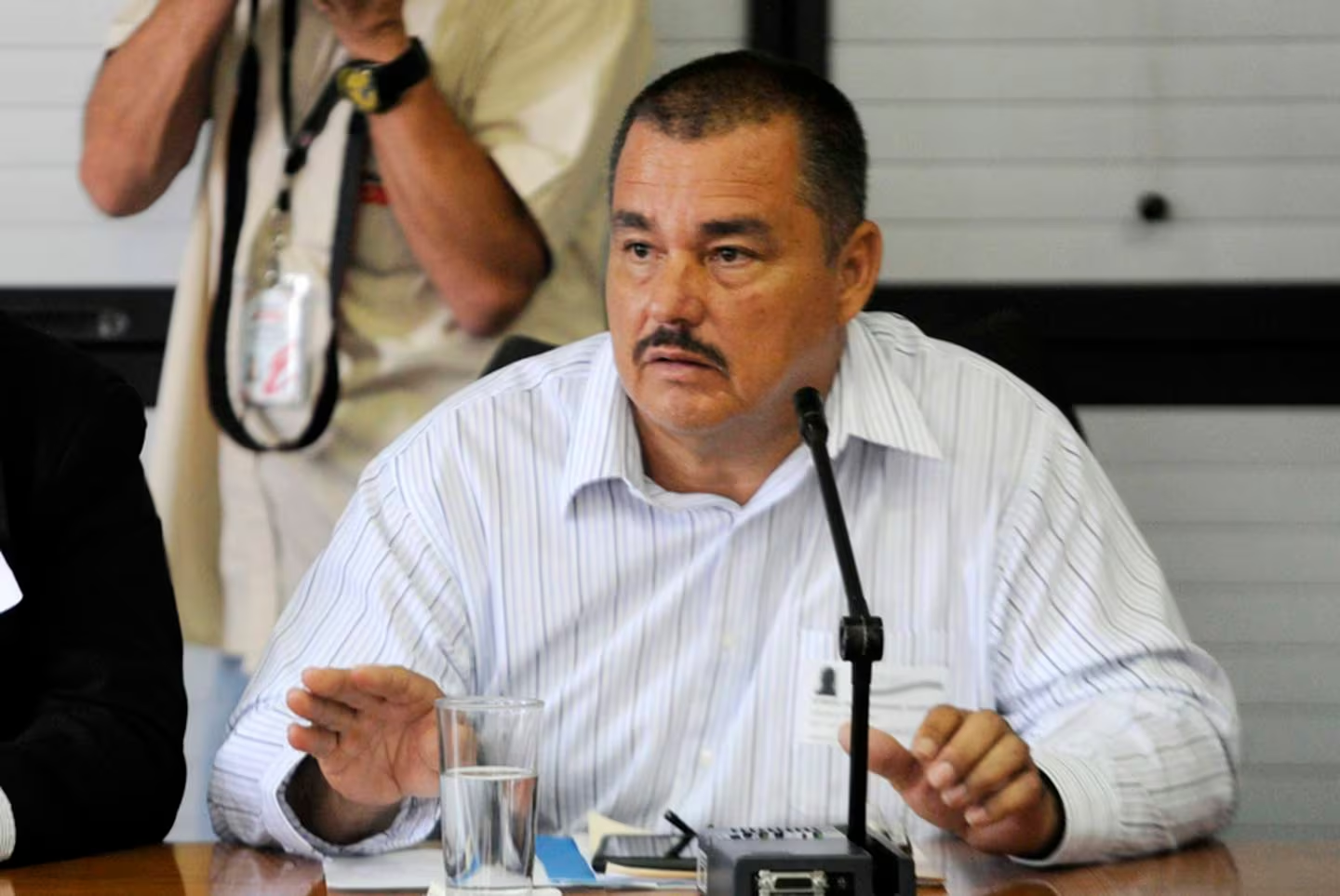U.S. Sanctions Costa Rican Drug Trafficker “Macho Coca” in a Bid to Curb Drug Transit
The United States Cracks Down on Costa Rican Drug Trafficking
The United States has intensified its efforts against international drug trafficking by imposing sanctions on a notorious Costa Rican drug trafficker, Gilbert Hernán de Los Ángeles Bell Fernández, known as “Macho Coca.” This move, announced by the Treasury Department on Wednesday, aims to address the escalating drug transit problem in Costa Rica, for which “Macho Coca” is deemed a significant contributor.
The Rise of “Macho Coca” and the Growing Drug Problem in Costa Rica
Gilbert Hernán de Los Ángeles Bell Fernández has emerged as one of the most prolific drug traffickers in the province of Limón, eastern Costa Rica. Notorious for both the substantial volume of drugs he handles and the violence associated with his operations, “Macho Coca” has been a key figure in making Costa Rica a crucial drug transit hub. His arrest by Costa Rican authorities in 2015 led to the confiscation of multiple assets, including boats used for drug transportation.
U.S. Implements Economic Sanctions
In a significant step towards combating this issue, the U.S. Office of Foreign Assets Control (OFAC) has implemented economic sanctions against “Macho Coca” in collaboration with the Costa Rican government. These sanctions entail freezing all his assets within the United States or under American control, a move aimed at crippling his operations and financial base.
The Local Impact of Drug Trafficking in Costa Rica
According to U.S. authorities, Costa Rica faces a mounting challenge with domestic drug consumption. This problem is attributed primarily to two factors: the local market penetration of drugs “stored” within the country and the increasing influence of criminal organizations fueled by narcotics income. Drug trafficking is closely linked to the significant rise in Costa Rica’s homicide rates over the past decade.
Alarming Homicide Rates in Costa Rica
The national homicide rate in Costa Rica has seen a worrying increase, from 11.2 per 100,000 inhabitants in 2021 to 12.6 in 2022. The situation is even more dire in the province of Limón, where the rate stands at an alarming 35.8 per 100,000 inhabitants. This increase in violence is a direct consequence of the escalating drug trade and related criminal activities.
Joint Efforts to Confront the Crisis
Brian E. Nelson, the Treasury Undersecretary for Terrorism and Financial Intelligence, emphasized the United States’ commitment to confronting the rise in crime in Costa Rica. This latest action underscores the joint efforts of the U.S. and Costa Rican governments to tackle the increasing menace of drug trafficking and its repercussions on society.
The U.S. sanctions against “Macho Coca” represent a crucial step in addressing the growing drug trafficking crisis in Costa Rica. This collaborative effort between the U.S. and Costa Rica signifies a robust response to the rising tide of narcotics-related crimes, aiming to restore safety and order in the region.


1 comment
[…] Source link […]